"Since the plant was commissioned in April 1999, we have been able to increase output fivefold," says head of production Jürgen Grün during a tour of the company. 86 people were employed in Denzlingen then - now there are 140 employees. This statistic alone indicates the extent to which production has been optimised in the last 15 years, and Fischer now has a market share of around 18 per cent in Germany. Three chemical fixing products are basically manufactured in Denzlingen. First there are the glass cartridges, a product for which the credit goes to Rocca, the company acquired by Fischer in 1998. The cartridges look like brown test tubes that are closed at the top and bottom. They contain a reactive resin and fillers, and a hardener is also enclosed in a glass cartridge. On application the cartridge is first inserted into a drill hole. "One of the major advantages of this system," says Grün, "is that the drill holes don't have to be cleaned." When the anchor is screwed in, the two glass cartridges are destroyed, causing the components to come into contact and the material to harden. This system is used primarily with high loads, in timber construction or to attach canopies. 60 per cent of these products are now exported to China.
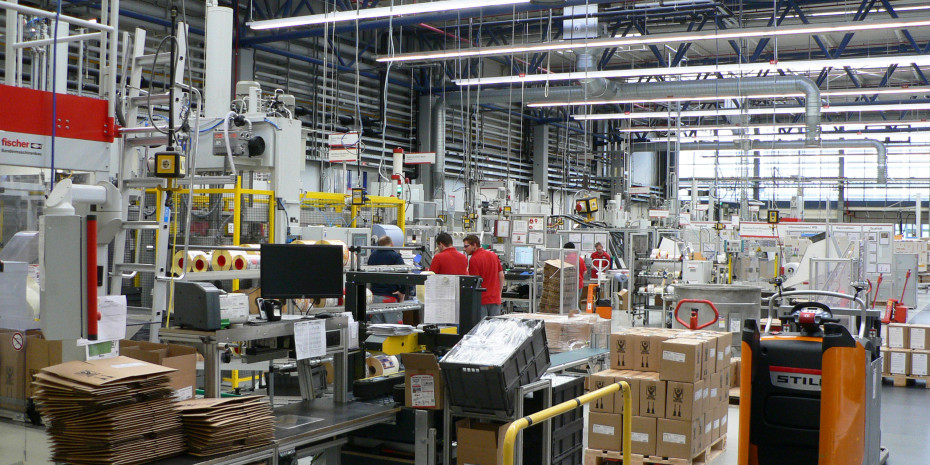

Fischerwerke
Potential far from exhausted
"Since the plant was commissioned in April 1999, we have been able to increase output fivefold," says head of production Jürgen Grün during a tour of the company. 86 people were employed in Denzlingen then - now there are 140 employees. This statistic alone indicates the extent to which production has been optimised in the last 15 years, and Fischer now has a market share of around 18 per cent in Germany. Three chemical fixing products are basically manufactured in Denzlingen. First there are the glass cartridges, a product for which the credit goes to Rocca, the company acquired by Fischer in 1998. The cartridges look like brown test tubes that are closed at the top and bottom. They contain a reactive resin and fillers, and a hardener is also enclosed in a glass cartridge. On application the cartridge is first inserted into a drill hole. "One of the major advantages of this system," says Grün, "is that the drill holes don't have to be cleaned." When the anchor is screwed in, the two glass cartridges are destroyed, causing the components to come into contact and the material to harden. This system is used primarily with high loads, in timber construction or to attach canopies. 60 per cent of these products are now exported to China.

 Menü
Menü





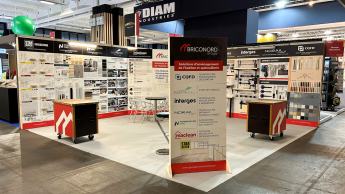
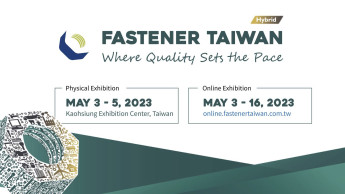
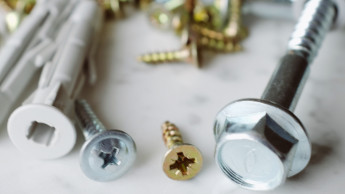
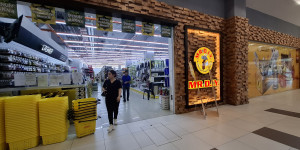


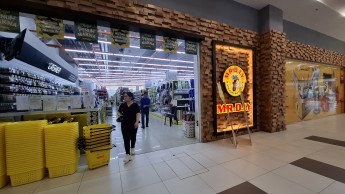


 Newsletter
Newsletter